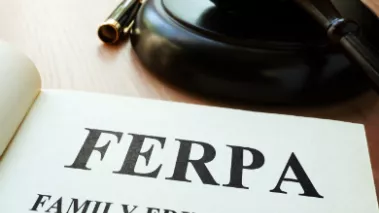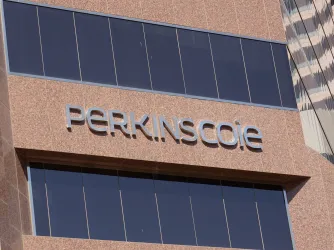Table of Contents
Get it in Writing

As 2005 comes to a close, I feel obligated to report on a disturbing new trend. Although the steady stream of cases we receive continues unabated, their nature has, thankfully, become less and less egregious since FIRE’s beginnings. Lately, however, FIRE has been seeing a new variation in the reports we get—a complete and utter disregard for the due process rights of students. At the absolute minimum, in disciplinary cases, a public college or university must provide students a notice of the charges against them, an explanation of the evidence for the charges, and a chance to dispute the evidence. Increasingly, we are receiving cases where students (and to a lesser extent, faculty) are being suspended and even expelled without even a warning.
The problem that this presents is that the victims in these situations have no documentation of what has happened to them. Often, the first indication they receive that something has gone awry is their inability to register for classes, the shutting down of their university e-mail account, or worse, but not as uncommon as you might think, the appearance of a security officer to inform them they are no longer allowed on campus, and the embarrassing spectacle of an armed escort accompanying them off the grounds.
As anyone who follows FIRE’s work knows, we make sure that we have the whole story when we come to anyone’s defense. Take a look at the documentation for our recent victory at Washington State University where administrators purchased tickets for students who heckled another student’s play, with the president endorsing their right to do so. The same goes for our ongoing campaign against Stetson University for not only censoring a conservative student newspaper that dared to print a mild parody and a Jay Leno joke in their first issue, but also for trying to sabotage the paper by pressuring its advertisers not to run ads.
Therefore, when we receive a case that sounds like a particularly appalling abuse of administrative power, our first instinct is find out the facts. When no documentation exists because the college has refused to give the student due process, we know there is a problem. But thanks to Supreme Court rulings such as Goss v. Lopez, 419 U.S. 565 (1975), the Family Educational Rights and Privacy Act (FERPA), and even, in some states, open record or “sunshine” laws, students have the means to access their records. And if a student does decide to go to court in this type of situation, a judge is not likely to look favorably upon a college that did not grant its students even the slightest morsel of due process.
My advice to students is to get everything in writing, even if by e-mail. College and university administrators hold your future in their hands, and are too often willing to abuse that power. Make sure you know your rights, and use them!
Recent Articles
FIRE’s award-winning Newsdesk covers the free speech news you need to stay informed.

FIRE POLL: Only 1/4 of Americans support deporting foreigners for pro-Palestinian views

Harvard’s resistance to Trump is a model for US universities

Sixty-one media organizations and press freedom advocates contest Perkins Coie executive order — First Amendment News 466
